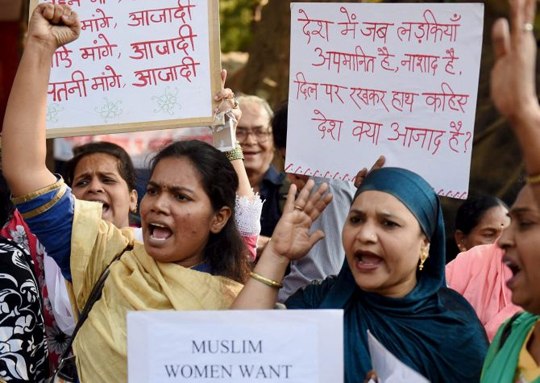Mangaluru, Jan 10: Two members of a notorious honey-trap gang that used to lure rich men using women and then extort money from them by staging fake police raid have been arrested by the Dakshina Kannada district police.
Lohith, a resident of Kushalnagara, and Sharif from Vittal, were arrested in connection with a honey-trap case registered in Uppinangady police station. Jamal, Jeevan and Naushad, who were also involved in the case, are absconding.
Police said they received information that a few people under the guise of being Kerala police, were planning to raid a resort near Uppinangady where two couples were staying.
They were informed that they would threaten and try to extort money from them. The police were tipped off about the same by their counterparts in Kerala.
Police said the accused are experts in setting honeytraps, and were involved in similar crimes since a long time. Their modus operandi was to use two women from Mangaluru to lure their intended targets.
Once they trap their target, the woman and victim are sent to resorts. They then raid the resort posing as police officials, and click pictures in compromising positions of the victim with the woman.
They threaten to release the pictures on social media or TV channels, if they fail to pay up.
Police said the accused demanded Rs 10 lakh from each victim, but they denied to pay up. Irked by this, the accused took away the victims’ belongings such as phone, money and car.
The victims who believed that the accused were police personnel, asked them to take them to the police station. Instead of taking them to the police, the accused took them to a secluded place, where they claimed that they were putting the victims under house arrest. Police have seized an SUV from the accused.





Comments
All these because of lacking of knowledge of fundamentals of Islam.
Islam is perfectly taught with boundaries for what to be done and what not to be done.
What to be done are : Farz, or obligatory deeds
What may be done : N compulsion, but doing can lead for extra reward
Not to be done Prohibitions : These should not be done. Like Associating someone with the True God who created us who only deserves to be worshipped. This is a biggest crime in Islamic point of view. Other prohibitions are eating pork, liquors, adultery, gambling,
Now the things what happening mostly in Dargah are worshipping the graves, which is the biggest crime. This is forbidden to both men and women. People can visit the dargah and pray for the dead people in that grave. But begging the dead there is prohibited.
Really those dead bodies can not help us, in contrary those bodies need prayers, wishes of living people.
We can visit the dargah in the intention to pray for the dead in the grave and to say Salam. Doing like this properly is not sin.
Wrongly Visiting Dargah can mislead to sin,
And not visiting Dargah does not amount to sin.
Therefore people lack basic teaching of Islam.
A MUSLIMAH ( True Muslim Women) will never ask with any other creation EXCEPT ALLAH... Those who depend on other than ALLAH will get what they want but in the end they will fall for the trap of deceivers who are attracting the people who are WEAK in IMAN to their way of worshiping the graves or asking with the graves.
THOSE who have faith in ALLAH will never ask or depend on, other than ALLAH. They are Satisfied with what ALLAH gave and Say ALHAMDULLILLAH in whatever situation comes their way... Congrats to such MUSLIMS and MUSlIMAH who trust ALLAH and follow the teaching of Prophet Muhammad pbuh... who never showed us Such CULTURE of DARGAH ViSIT..
Prophet MUHAMMED pbuh said... Visit GRAVES to Pray for the one who is in the GRAVE & REMEMBER that one day our fate will be same. So dont live in this life in ARROGANT or do injustice to Others.
Dear Sahil, if they knows the meaning of Namaz or Salah they never visit Dargah. Here may be RSS behind such kind of demands.
These so called muslim women don't know Islam. so they are asking entry to Dargah/Grave yard. Who stop them to go there go and enjoy.CD Editor please remove Muslim woman tag because muslim women never ask such kind of demands.Better tag Ahle biddah women ask entry to darga.
They dont bother about namaz..but worried about entry to do shirq
Haha..funny..they dont bother about performing namaz..
But worried about entry to dargah to do shirq..
Dear CD team. Please be careful when you posting one sided opinion about practice of Islam. You have reader from all sections.
REALLY SURPRISED TO SEEE THESE MUSLIM LADIES IN ROAD PROTESTING FOR ENTERING THE DARGAH ,
FIRST THEY HAVE TO OFFER NAMAZ PERFECTLY I DONT KNOW WHAT THEY WILL GET IN DARGAH ....
THEY JUST VISIT TO ASK TO THEM.. THATS NOT GOOD WE HAVE TO ASK WITH ALLAH HE IS OUR ALL MIGHTY ..
Add new comment